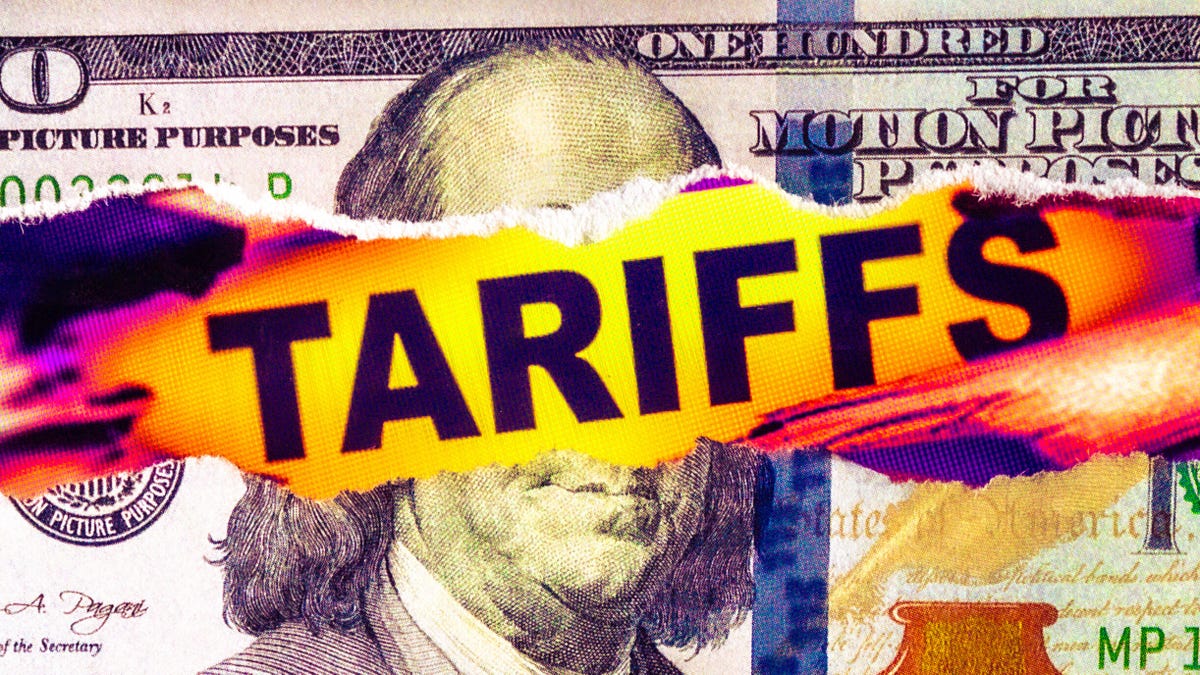This is today’s edition of The Download, our weekday newsletter that provides a daily dose of what’s going on in the world of technology.
California is set to become the first US state to manage power outages with AI
California’s statewide power grid operator is poised to become the first in North America to deploy artificial intelligence to manage outages, MIT Technology Review has learned.
At an industry summit in Minneapolis tomorrow, the California Independent System Operator is set to announce a deal to run a pilot program using new AI software called Genie, from the energy-services giant OATI.
The software uses generative AI to analyze and carry out real-time analyses for grid operators and comes with the potential to autonomously make decisions about key functions on the grid, a switch that might resemble going from uniformed traffic officers to sensor-equipped stoplights. Read the full story.
—Alexander C. Kaufman
Why it’s so hard to make welfare AI fair
There are plenty of stories about AI that’s caused harm when deployed in sensitive situations, and in many of those cases, the systems were developed without much concern to what it meant to be fair or how to implement fairness.
But the city of Amsterdam did spend a lot of time and money to try to create ethical AI—in fact, it followed every recommendation in the responsible AI playbook. But when it deployed it in the real world, it still couldn’t remove biases. So why did Amsterdam fail? And more importantly: Can this ever be done right?
Join our editor Amanda Silverman, investigative reporter Eileen Guo and Gabriel Geiger, an investigative reporter from Lighthouse Reports, for a subscriber-only Roundtables conversation at 1pm ET on Wednesday July 30 to explore if algorithms can ever be fair. Register here!
The must-reads
I’ve combed the internet to find you today’s most fun/important/scary/fascinating stories about technology.
1 Trump’s ‘big, beautiful bill’ is already hurting sick children
And hundreds of hospitals are likely to close, too. (New Yorker $)
+ His administration is going after easy targets, which includes sick children. (Salon $)
2 The US overseas worker purge is hitting Amazon hard
Its warehouse employees are losing their right to work in the US. (NYT $)
+ The US State Department has fired more than 1,350 workers so far. (Reuters)
3 Nvidia’s CEO claims China’s military probably won’t use its AI chips
But then he would say that, wouldn’t he. (Bloomberg $)
+ Even after the Trump administration has eased chip software tool export restrictions. (FT $)
+ Rival Huawei is planning a major AI chip overhaul. (The Information $)
4 Scientists are reportedly hiding LLM instructions in their papers
Instructing models to give their work positive peer reviews. (The Guardian)
5 Amazon is dragging its heels launching its web version of Alexa
It appears the company underestimated just how much work they had to do. (WP $)
6 SpaceX’s revenue is on the up
As Tesla continues to struggle. (WSJ $)
+ Musk is not in favor of merging Tesla with xAI. (Reuters)
+ Trump is still planning to slash NASA’s budget. (The Atlantic $)
+ Rivals are rising to challenge the dominance of SpaceX. (MIT Technology Review)
7 The Air India crash was caused by a cut in the plane’s fuel supply
Cockpit voice recordings reveal that one pilot asked another why he’d cut off the supply. (CNN)
8 The UK’s attempt to ape DOGE isn’t going well
Councils are already blocking Reform UK’s attempts to access sensitive data. (FT $)
+ DOGE’s tech takeover threatens the safety and stability of our critical data. (MIT Technology Review)
9 Even crypto executives can fall for crypto scams
Just ask the top brass from MoonPay, which lost $250,000 worth of Ethereum. (The Verge)
+ The people using humour to troll their spam texts. (MIT Technology Review)
10 Why landline phones refuse to die 📞
The business world still loves them. (WSJ $)
Quote of the day
“We don’t like to work like that. I’m a Buddhist, so I believe in karma. I don’t want to steal anyone’s money.”
—A man forced to work in an online scam center in Myanmar recounts his experience to Nikkei.
One more thing
China wants to restore the sea with high-tech marine ranches
A short ferry ride from the port city of Yantai, on the northeast coast of China, sits Genghai No. 1, a 12,000-metric-ton ring of oil-rig-style steel platforms, advertised as a hotel and entertainment complex.
Genghai is in fact an unusual tourist destination, one that breeds 200,000 “high-quality marine fish” each year. The vast majority are released into the ocean as part of a process known as marine ranching.
The Chinese government sees this work as an urgent and necessary response to the bleak reality that fisheries are collapsing both in China and worldwide. But just how much of a difference can it make? Read the full story.
—Matthew Ponsford
We can still have nice things
A place for comfort, fun and distraction to brighten up your day. (Got any ideas? Drop me a line or skeet ’em at me.)
+ You can easily make ice cream at home with just two ingredients.
+ Pink Floyd fans, this lecture is for you.
+ Lose yourself for a few minutes in the story behind an ancient Indian painting. (NYT $)
+ Remember the days of idly surfing the web? Here’s how you can still recreate them.








